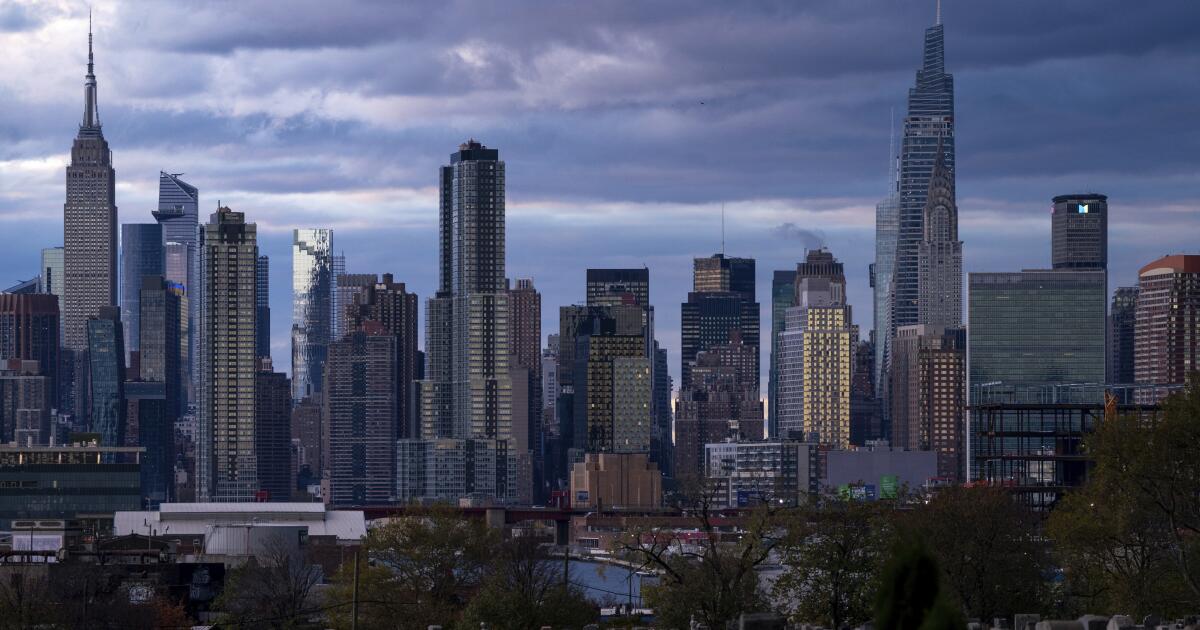The Supreme Court on Tuesday turned down a major property-rights challenge to rent control laws in New York City and elsewhere that give tenants a right to stay for many years in an apartment with a below-market cost.
A group of New York landlords had sued, contending the combination of rent regulation and long-term occupancy violated the Constitution’s ban on the taking of private property for public use.
The justices had considered the appeal since late September. Only Justice Clarence Thomas issued a partial dissent.



Do they think that regulating the usage of private property is the same as having it taken away? Was their argument really “As long as it’s on my property, I should be able to do whatever I want, whenever I want, to whomever I want. Anything else is a violation of my rights!”
Property can be “taken” by the government, this sometimes happens when zoning laws change. For example, if the zoning of the property was changed from residential to agricultural. Then the owner could argue that the value of the property was “taken” by by the government and they would likely win the case. Regardless of if the owner was a landlord or the owner of a vacant lot.
To be clear, I’m not commenting on the original issue, but intend to only provide information about the laws related to this issue.
Regulating can be a violation of the Takings Clause. It just isn’t here.